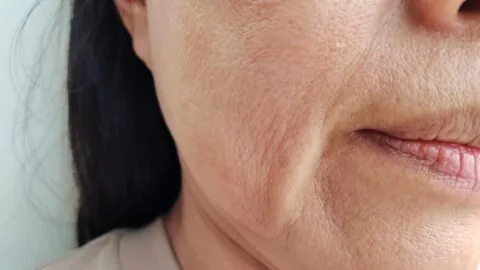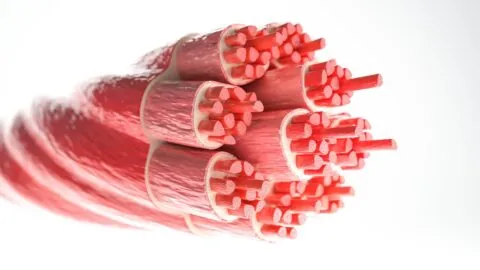December 03, 2025
A recent study investigated plasma proteins in people exposed to secondhand smoke and found that exposure affected multiple molecular processes, including immune, inflammatory, and tissue repair pathways [1]. Carrying the consequences of something you didn’t do It is widely known and researched that smoking is bad for health, and there are even similarities between smoking...
November 06, 2025
A review in Aging Cell has cataloged the harmful effects of EDA2R, a protein that affects three distinct inflammation-related pathways. A necessary protein gone bad Like nearly every other protein with documented harmful effects, this one is required for certain systems to function properly. The EDA gene is needed for proper skin development [1] and...
October 23, 2025
Researchers working with data from the Dog Aging Project have found that post-translationally modified amino acids (ptmAAs), which are generated from protein metabolism, are useful in determining the biological ages of dogs. The Dog Aging Project With enrollment beginning in 2020, the Dog Aging Project (DAP) is an initiative to study canine aging [1], and...
August 29, 2024
In Aging, researchers have described how the changing production of skin cells' proteins is a core part of their age-related decline. Understanding why skin cells lose their function In healthy skin, dermal fibroblasts produce the proteins needed to maintain the extracellular matrix (ECM), the network of collagen and elastin that holds soft tissues together [1]....
April 22, 2024
With an in-depth examination tool in hand, researchers publishing in Aging have done a preliminary examination of the muscle protein differences between younger and older people and how older people's proteins change with exercise. The power to take a close look This paper begins with a discussion of proteomics, the science of analyzing what proteins...
February 12, 2024
In Nature Aging, researchers have published a method of predicting dementia over a decade before it actually occurs. Early detection was known to be possible It has been known that it is possible to observe early signs of brain deterioration years before dementia occurs [1]. However, actually performing accurate tests in a clinical setting has...






